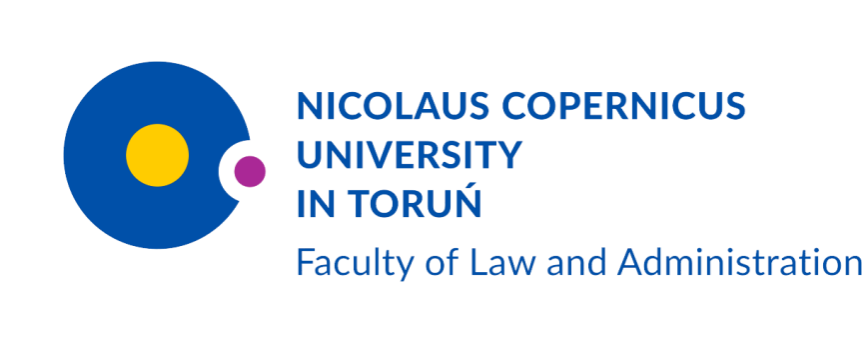What is tax consultancy?
Tax consulting is a field of study created at the Faculty of Law and Administration of the Nicolaus Copernicus University as a response to the market needs. These are two-year second cycle (masters) programmes that can be undertaken by graduates of any field. This field of study is a perfect complement to economic knowledge; indeed, although most students choosing this programme will have previously graduated from law, administration, and various economic programmes, the study programme is adapted in such a way as to educate graduates of other faculties. The first semester of the course is preparatory and ensures that students have a smooth induction into the issues of tax law.
Why is it worth studying tax consultancy at the Nicolaus Copernicus University?
Whatever happens, the world will not exist without taxes. While this is a difficult issue, it highlights the advantage of dealing with tax law – there is still a shortage of specialists in this field. Currently, even being a lawyer or economist does not guarantee professional success – you need to have “something else”, some additional skills which are attractive on the market. Knowledge in the field of tax law is undoubtedly a huge asset within the labour market. The profession of a tax advisor is relatively “open”; its execution does not require completing an apprenticeship. The basic requirement for practising this profession is passing an examination before the State Examination Commission for Tax Advisory appointed by the Minister of Finance (its members are also employees of the Faculty of Law and Administration of the Nicolaus Copernicus University). The exam consists of written and oral sections. Graduates of the tax advisory programme run by the Nicolaus Copernicus University are – under an agreement with the State Examination Commission for Tax Advisory – exempt from the written part of the exam. This agreement confirms the high educational standards of the programme.
The majority of academics conducting classes on the programme are also recognised specialists working in the area of tax advisory services or as administrative court judges.
What happens after completing the course?
The programme graduates can work as tax advisors after meeting the statutory requirements (including passing the exam). They can work in tax advisory offices, tax authorities’ offices, and in other companies.

 ul. Władysława Bojarskiego 3, 87-100 Toruń
ul. Władysława Bojarskiego 3, 87-100 Toruń